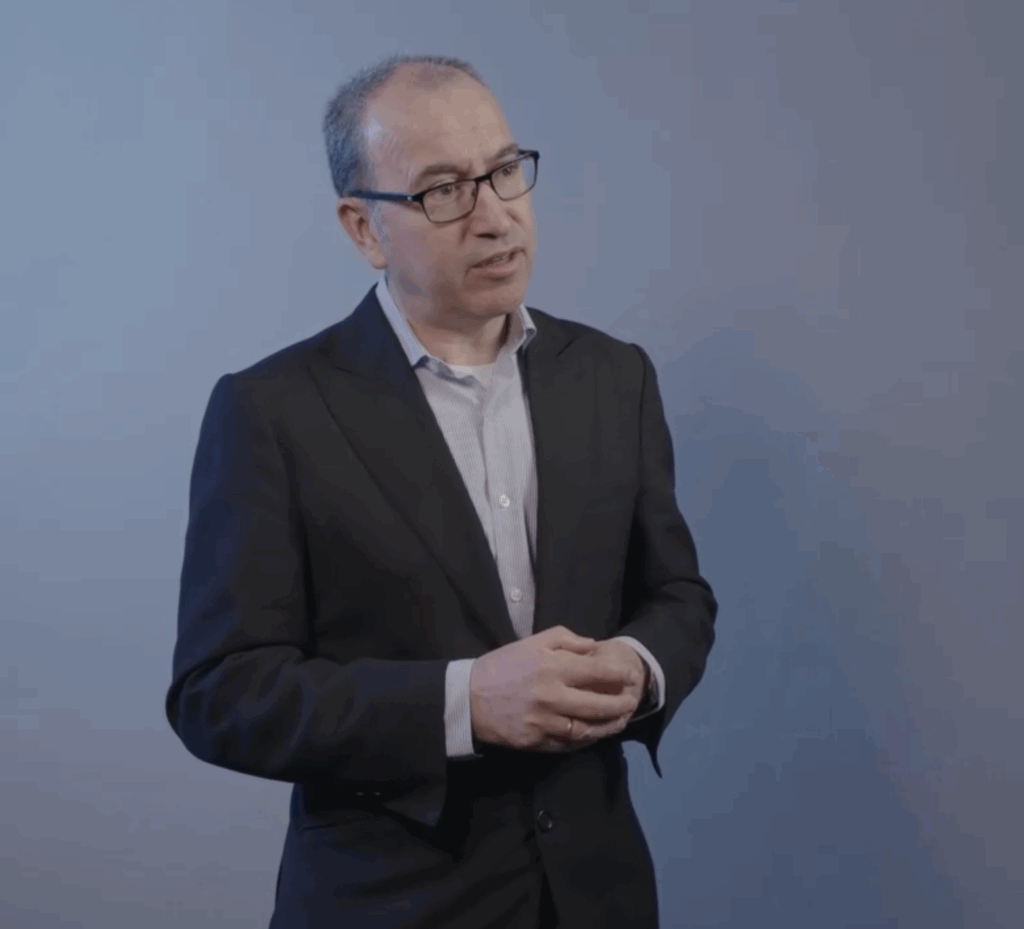
Advancing lung cancer screening in Spain through research and collaboration
Dr Luis Seijo Maceiras, a specialist at Clínica Universidad de Navarra in Madrid, is helping lead Spain’s work on lung cancer screening through research and collaboration with hospitals across the country.
As the SOLACE project lead for Spain, he is involved in national and international efforts to understand how lung cancer screening can be implemented effectively and sustainably. Watch to learn more about Spain’s approach:
Laying the groundwork through pilot studies
Spain does not yet have a national lung cancer screening programme. However, important steps are underway through pilot projects and research networks.
One key initiative is the CASSANDRA pilot, which brings together 10+ hospitals in more than five autonomous regions. This programme tests how screening can work in practice and helps gather real-world data on participation and outcomes.
In parallel, screening is also being offered through a range of clinical studies and international research cohorts — some in private hospitals, others in public centres. Many of these focus on building a detailed registry of results, which can guide future decision-making.
Spain also participates in international screening trials supported by European funding and contributes to the SOLACE project, where Spanish teams help collect data and evaluate how to improve the implementation of lung cancer screening across Europe.
Moving towards a population-based model
The long-term goal, Dr Seijo Maceiras explains, is to adopt a population-based screening model through the Spanish National Health System. This would focus on inviting people at higher risk — based on age and smoking history — and ensuring that participation rates reach over 90%, as seen in successful trials elsewhere in Europe.
Key to achieving this is ensuring clear eligibility criteria, structured follow-up, and integration into existing healthcare systems. Spain’s pilot studies are helping test what this might look like in practice.
Lessons learned so far
Spain’s experience so far has offered several important insights.
Firstly, involving patients directly in research cohorts and pilot programmes has helped build momentum and support for screening. Patient participation gives projects visibility and ensures they reflect real-world needs.
Secondly, navigating bureaucratic and legal challenges — particularly around data protection and early detection policy — has been a key focus. As Dr Seijo Maceiras notes, success will require strong consensus and alignment between scientific societies, health authorities and legal frameworks.
The collaboration seen in CASSANDRA and other initiatives shows how different groups can work together to drive progress.
A shared European goal
Spain’s approach shows the value of combining national pilots with international collaboration.
Through SOLACE and other European projects, Spain is not only testing lung cancer screening in its own unique context, but also helping shape how programmes can work across different health systems.
With ongoing support and shared learning, these efforts bring us closer to a future where lung cancer screening is accessible to everyone at risk, and where more lives can be saved through early detection.

